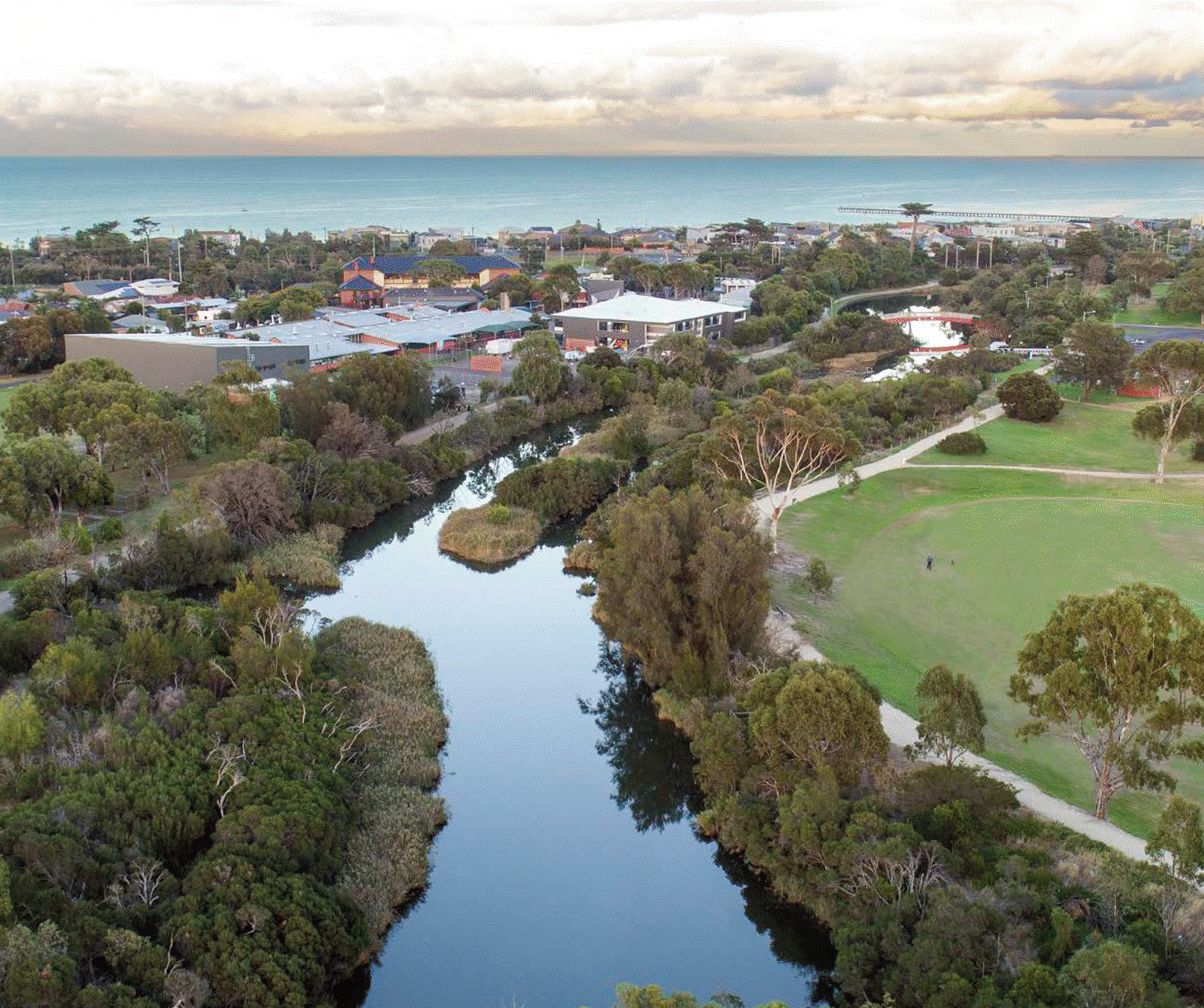Carbon Sink Study
Timeframe: Nov 2022 – June 2023
SECCCA and nine of its member councils are seeking to undertake a Regional Carbon Sink Study to investigate the opportunities for carbon sequestration (CS) across the southeast region of Melbourne.
SECCCA has declared a climate emergency, recognising the need to urgently act to mitigate and reverse the impacts of climate change. Most member councils have adopted zero net emissions targets for their respective communities, and it is acknowledged that in order to meet these targets, councils will need to invest in projects that act as “sinks” and draw carbon out of the atmosphere and sequester it away for the long term and/or provide other co-benefits from carbon projects (e.g. increasing biodiversity). For residual emissions that cannot be avoided, carbon offsets may be purchased to meet net zero targets. Some of the councils already have plans in place to accelerate reduction activities through carbon sequestration techniques within their respective municipalities. Some have also adopted offsetting strategies.
There are many types of carbon sinks, for example trees/forests, soils and blue carbon. Carbon sink projects have many additional benefits such as: linking urban forest corridors, improving ecosystem biodiversity, reducing heat island effect, improving public health and threatened species survival and support.
However, there is limited understanding of the varying stages of maturity (age) of existing products and the type and range of potential CS opportunities in the region and abroad. There is also limited understanding of carbon credit/offset opportunities by scheme (voluntary and accredited) provided by existing and future potential carbon sinks.
Therefore, this project will assist councils to better understand and maximise CS and all its co-benefits. Through consultation with councils, this project will assist to better understand member council’s needs, preferences, policies and current plans for biodiversity and species protection. This project will also work towards addressing State Government Policy and explore funding opportunities.
The Project Working Group is currently finalising the technical consultant’s brief prior to a formal invitation to tender process.
